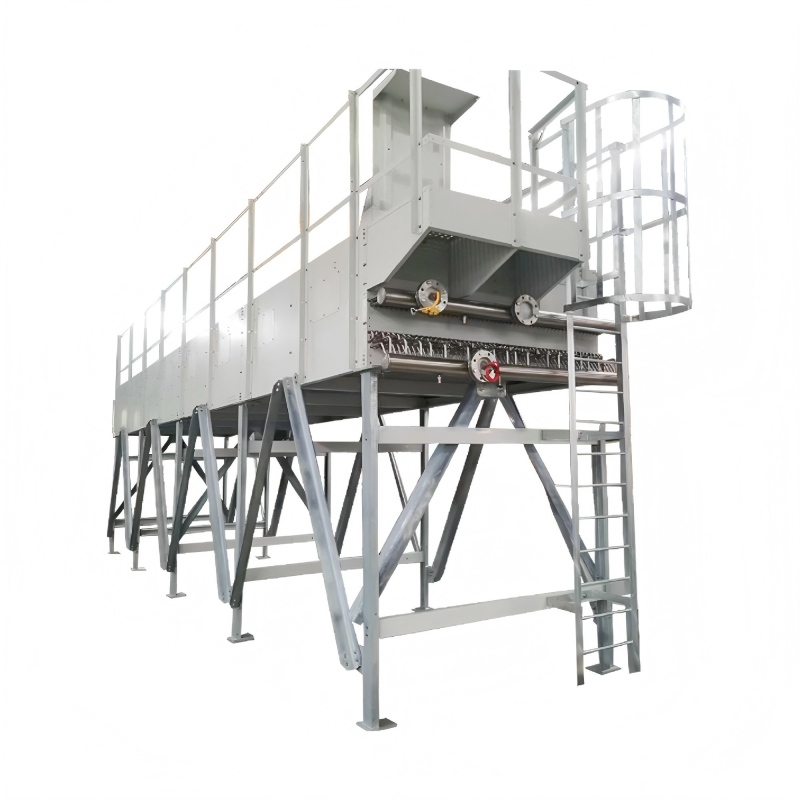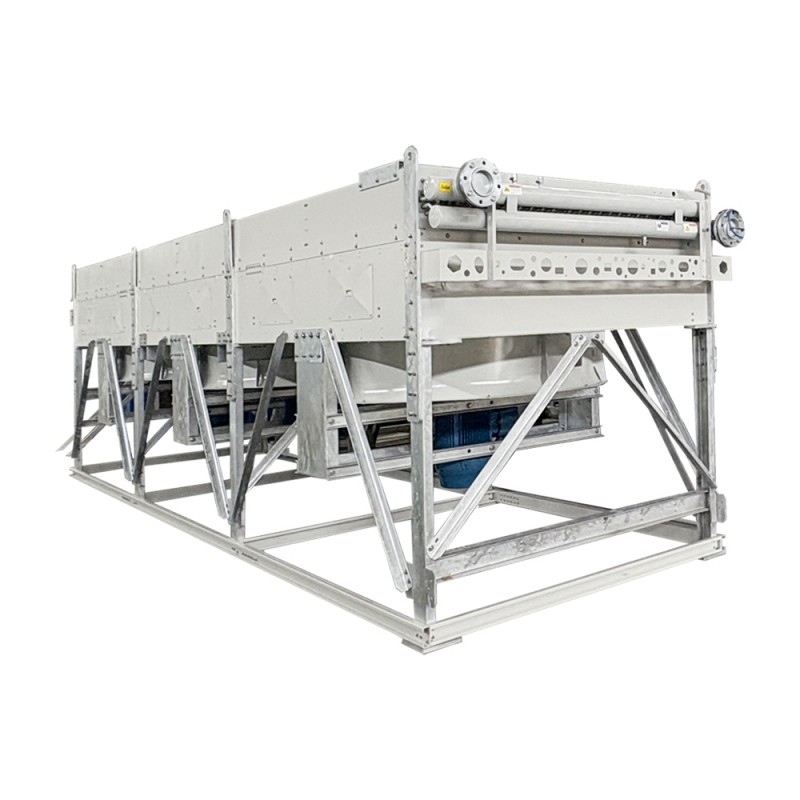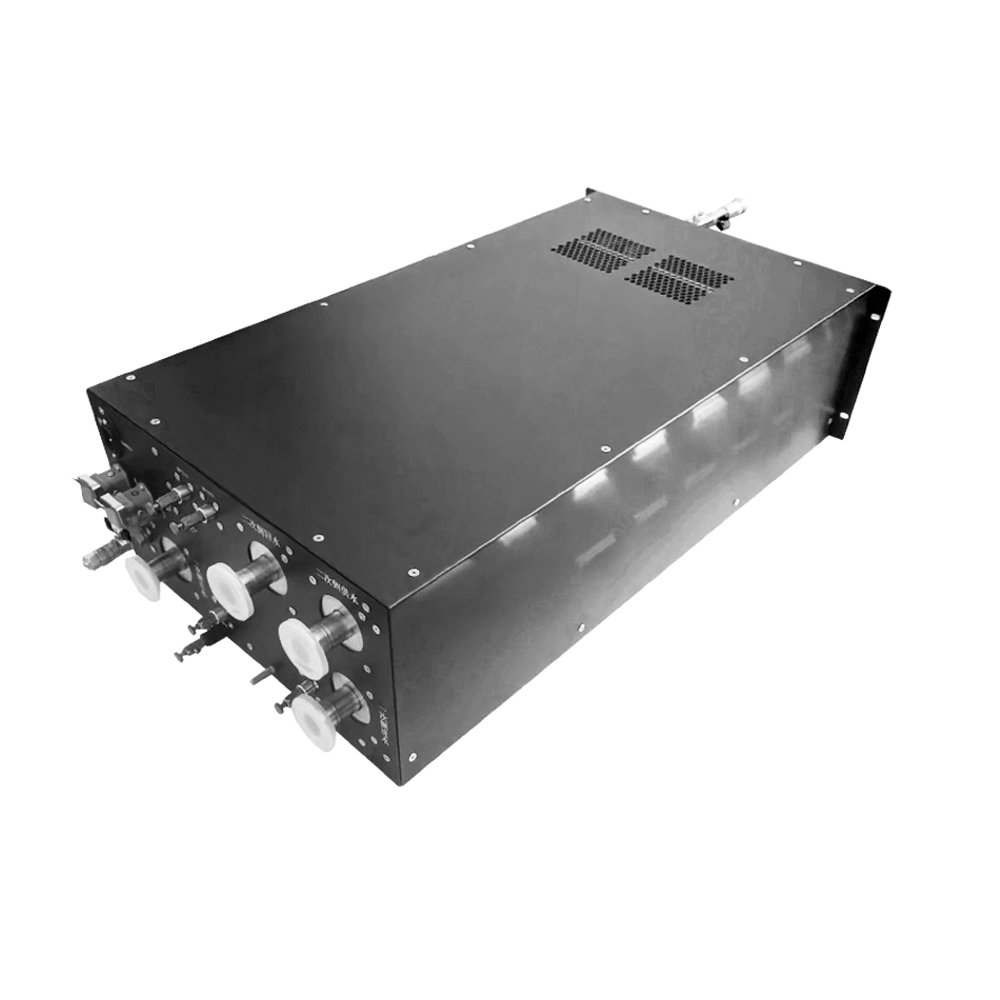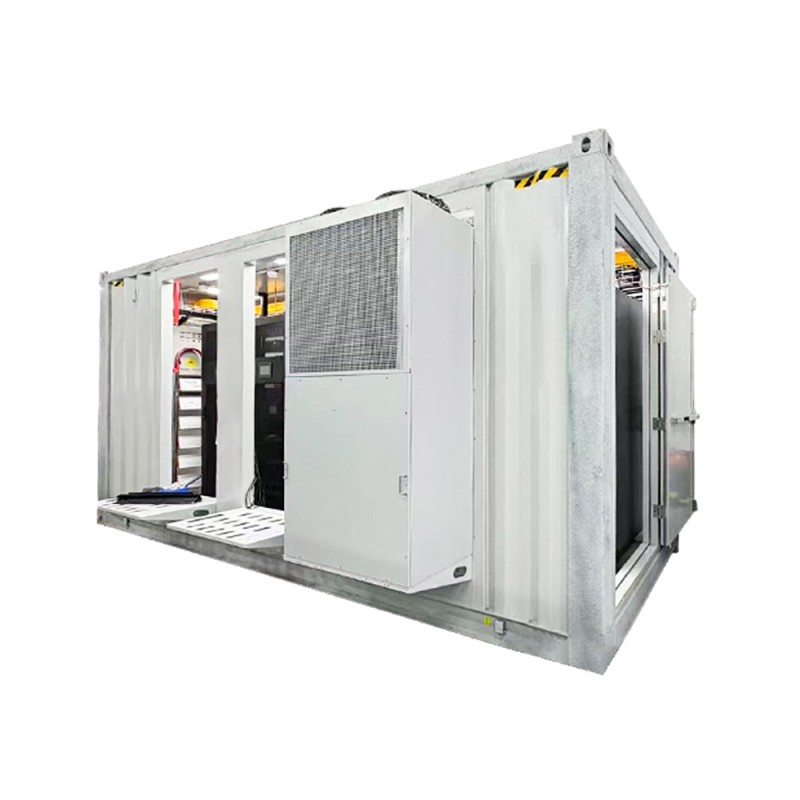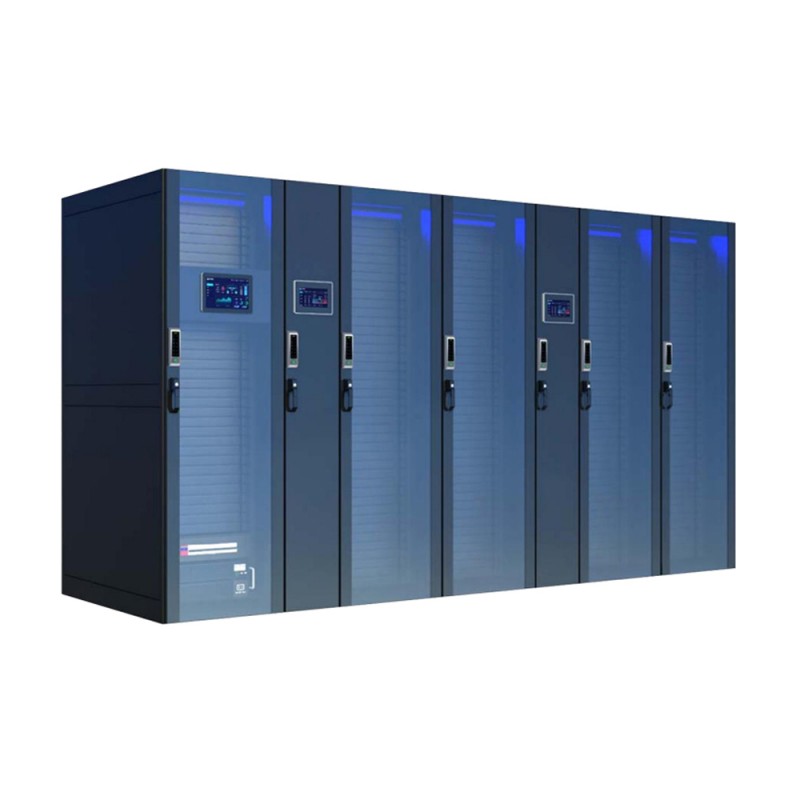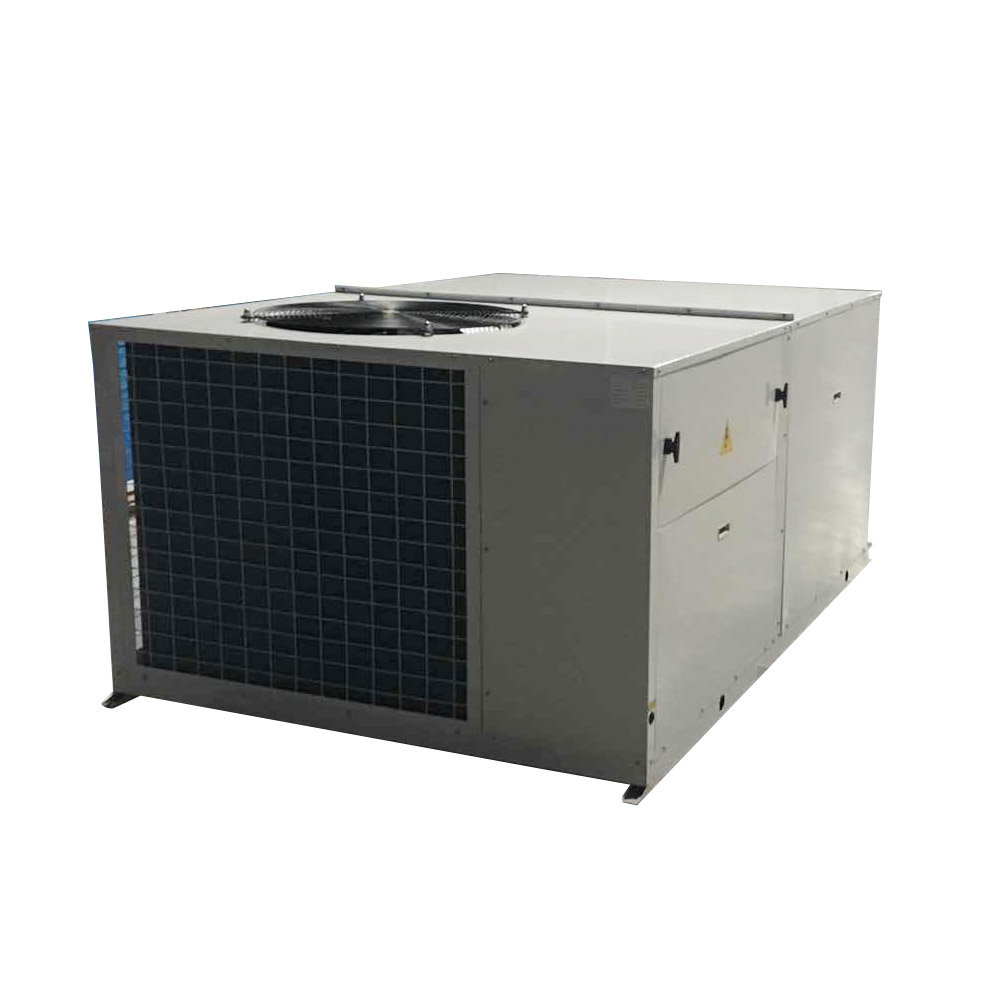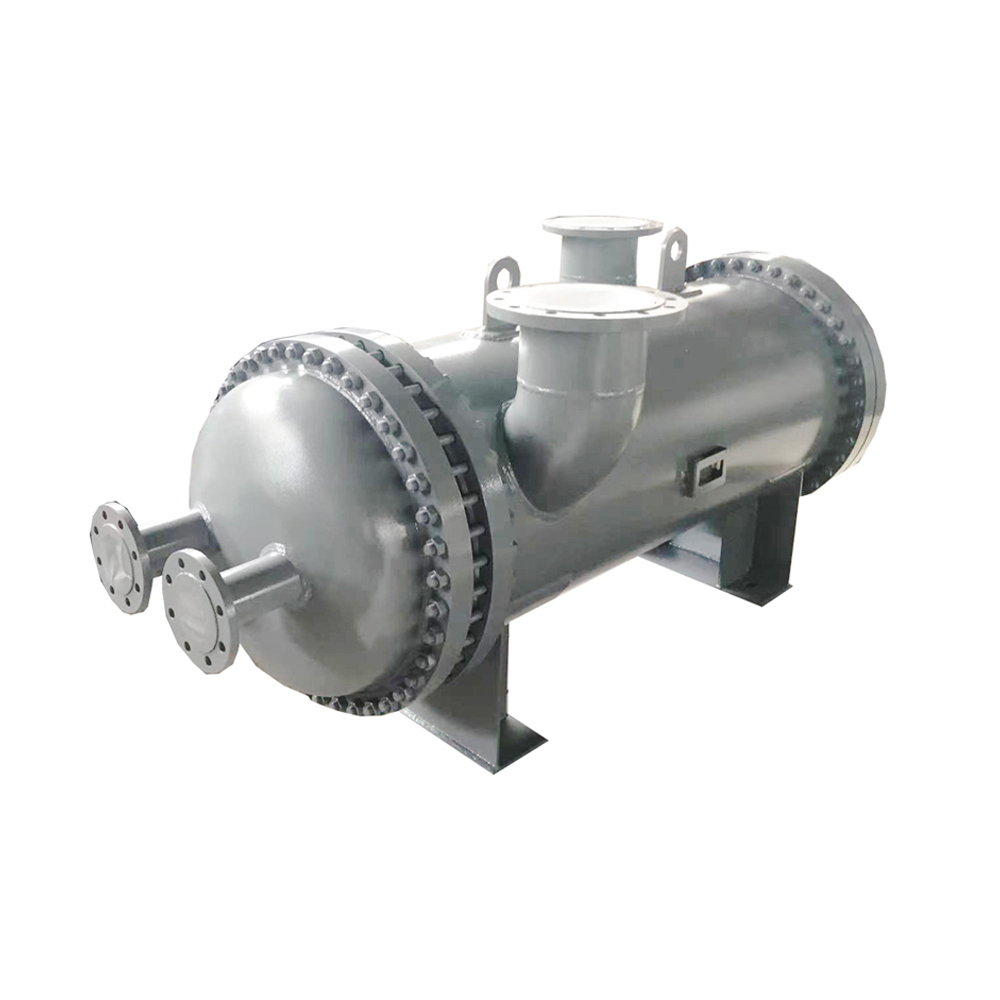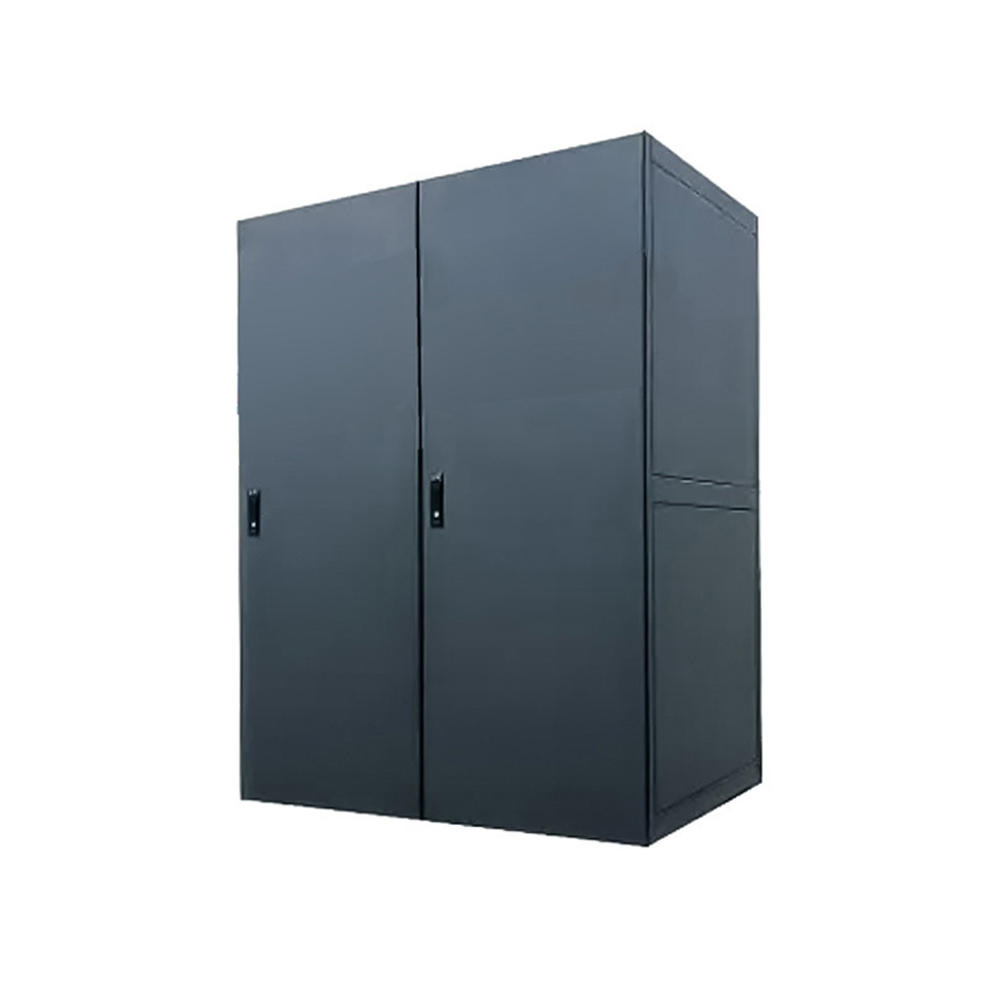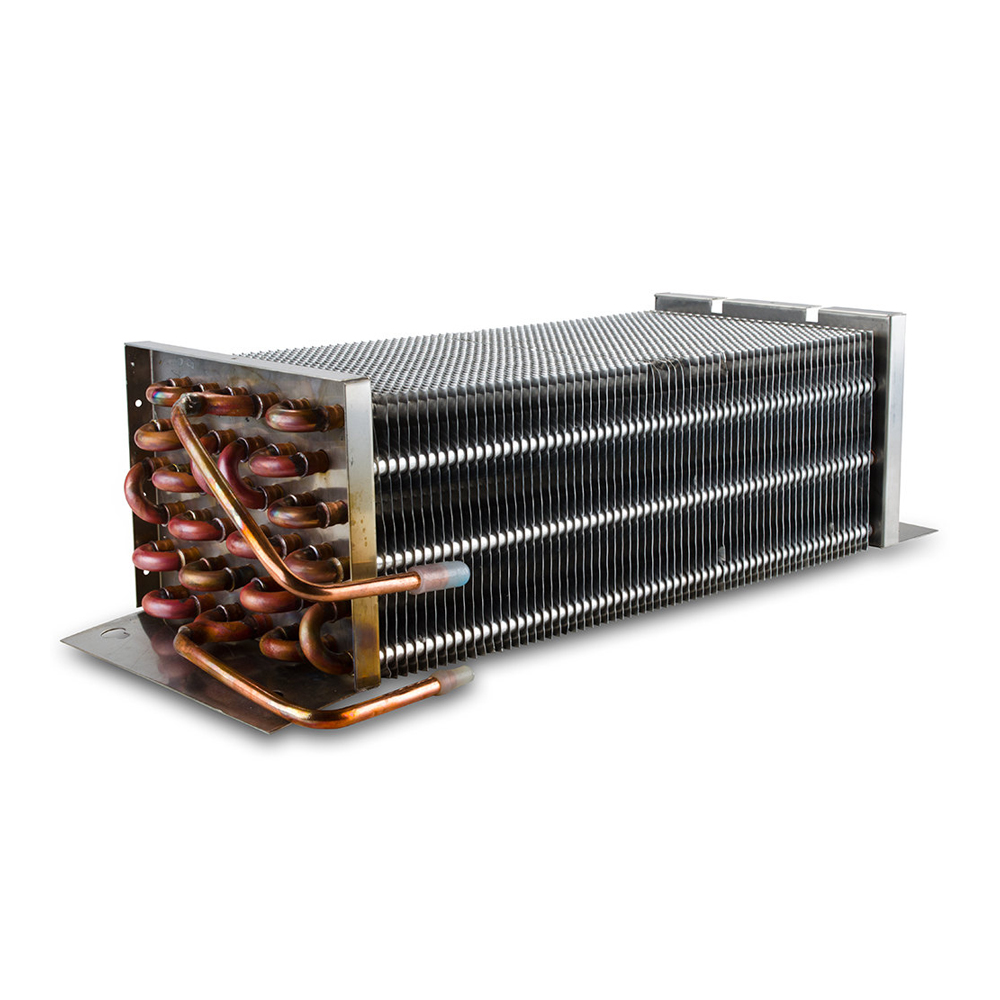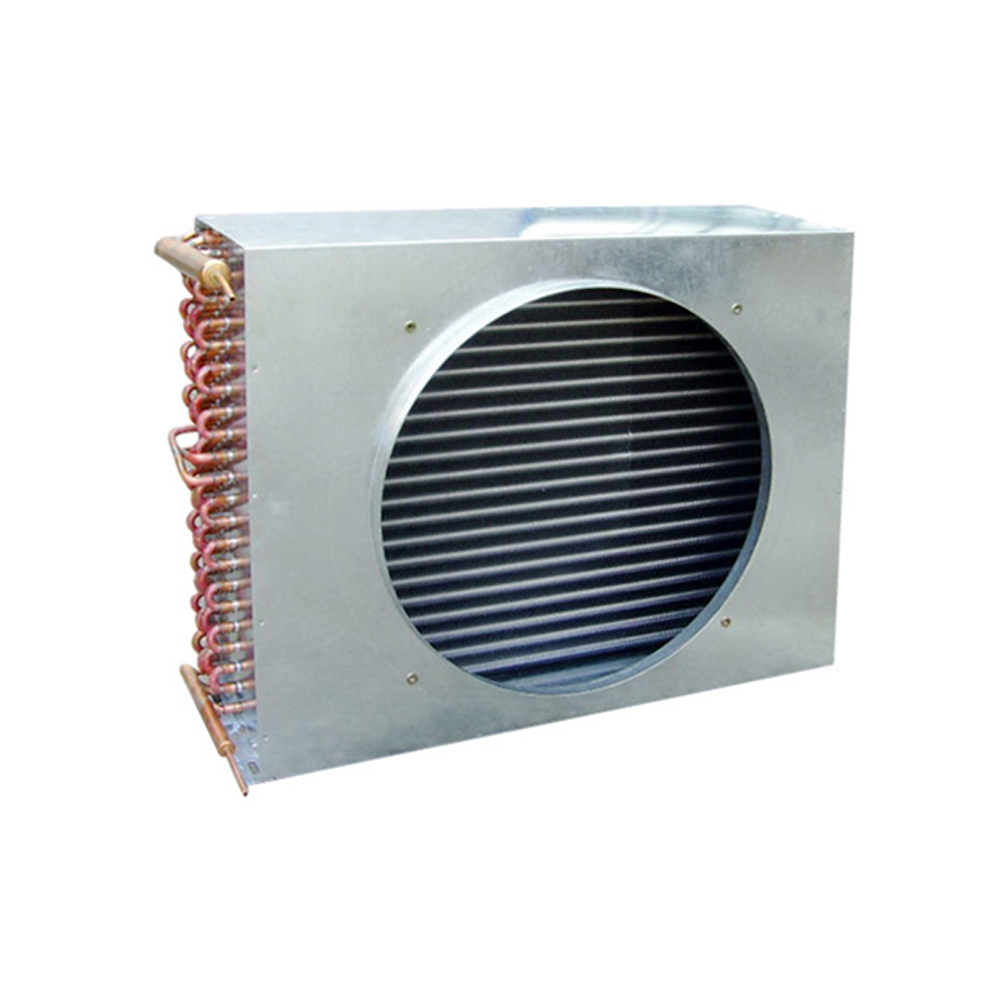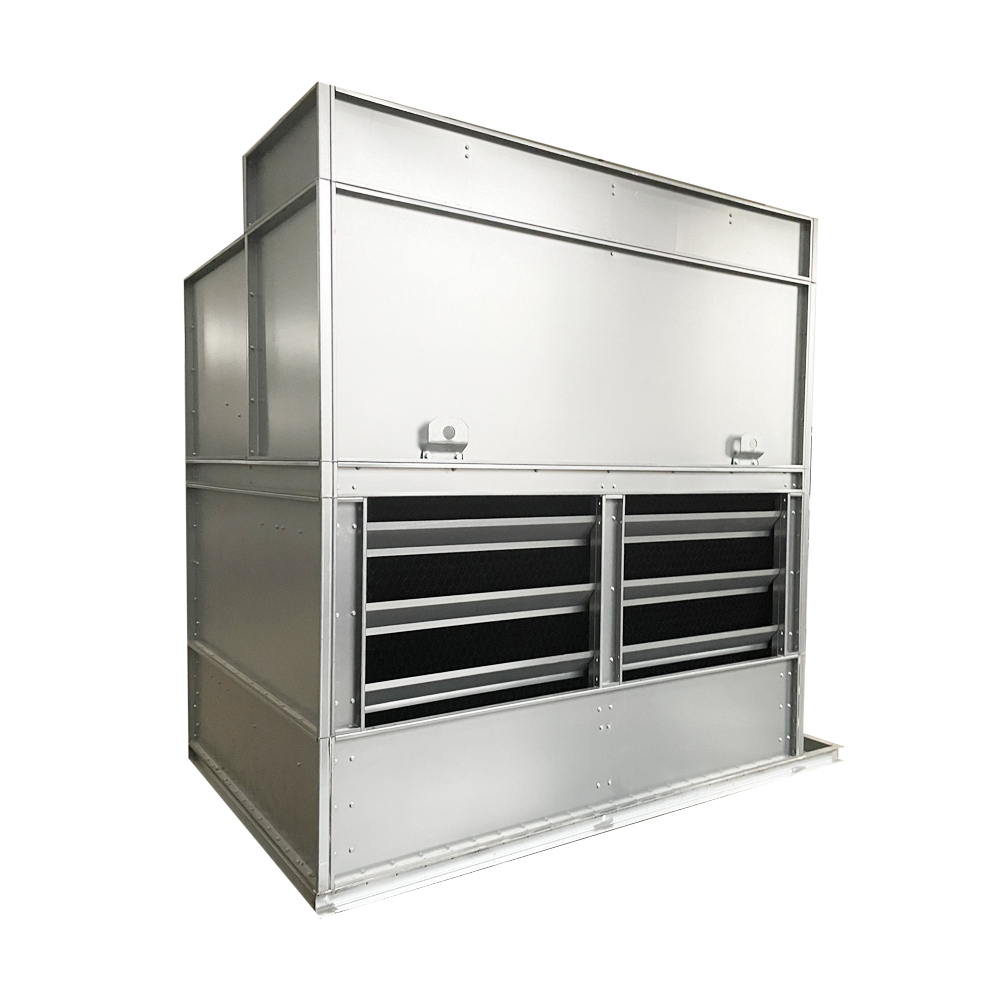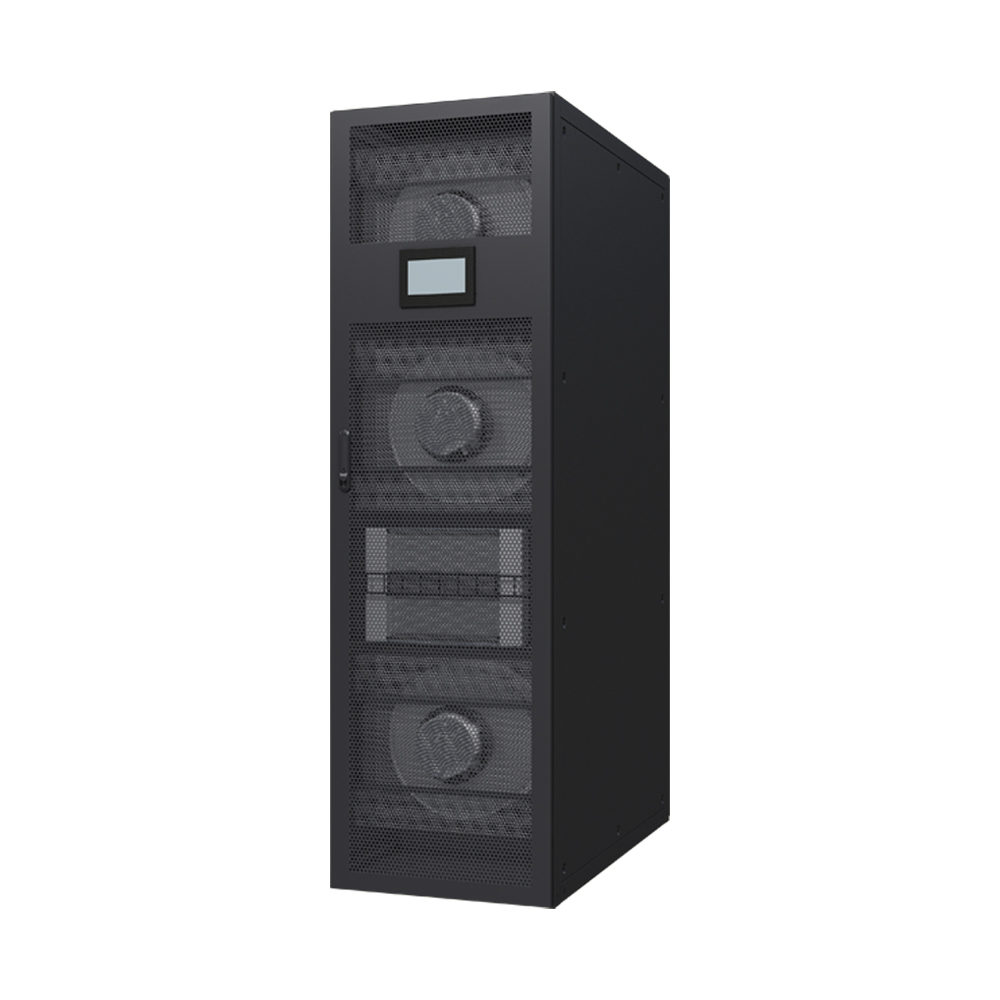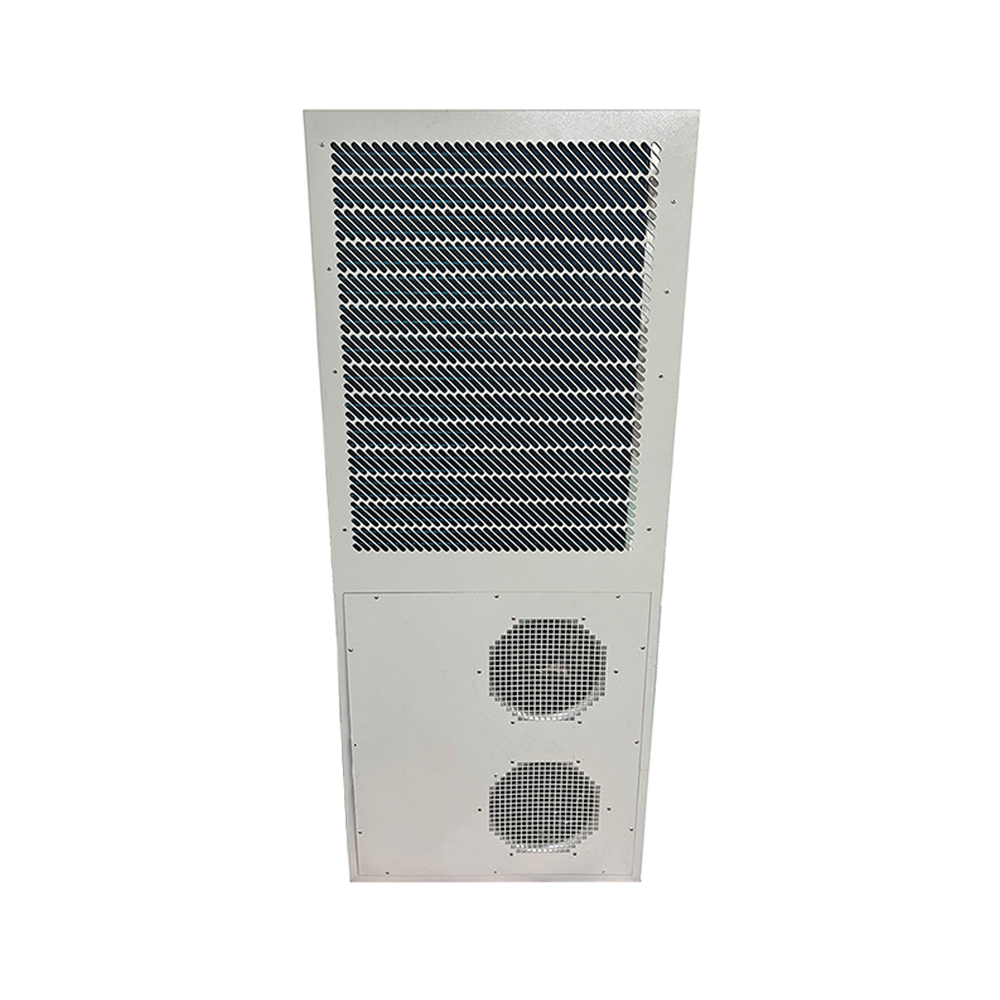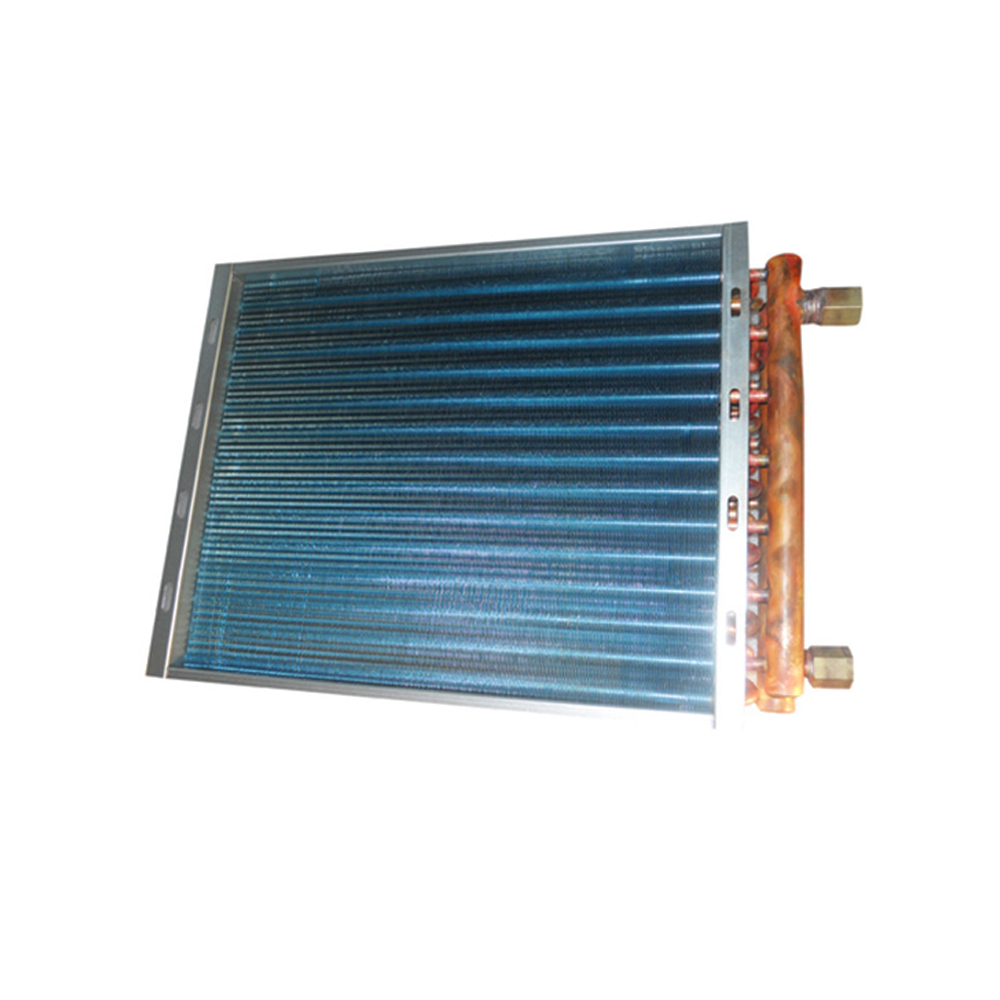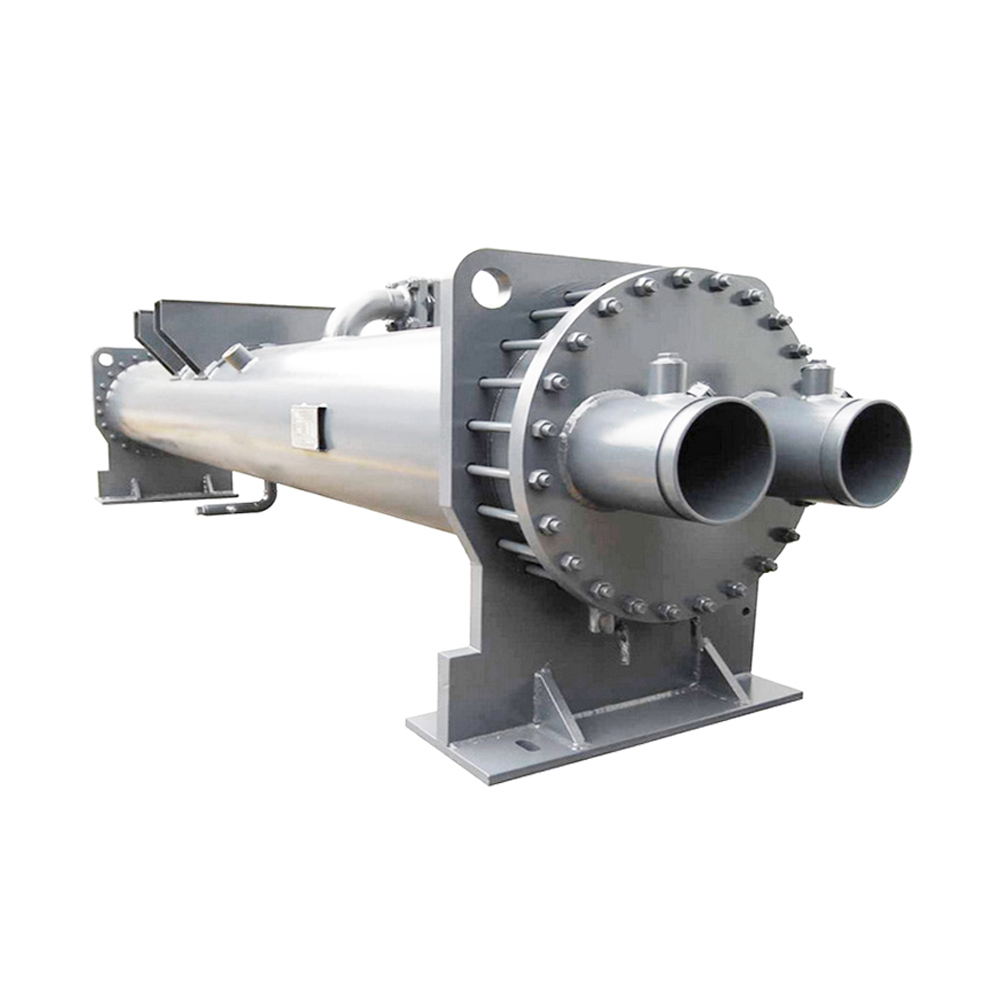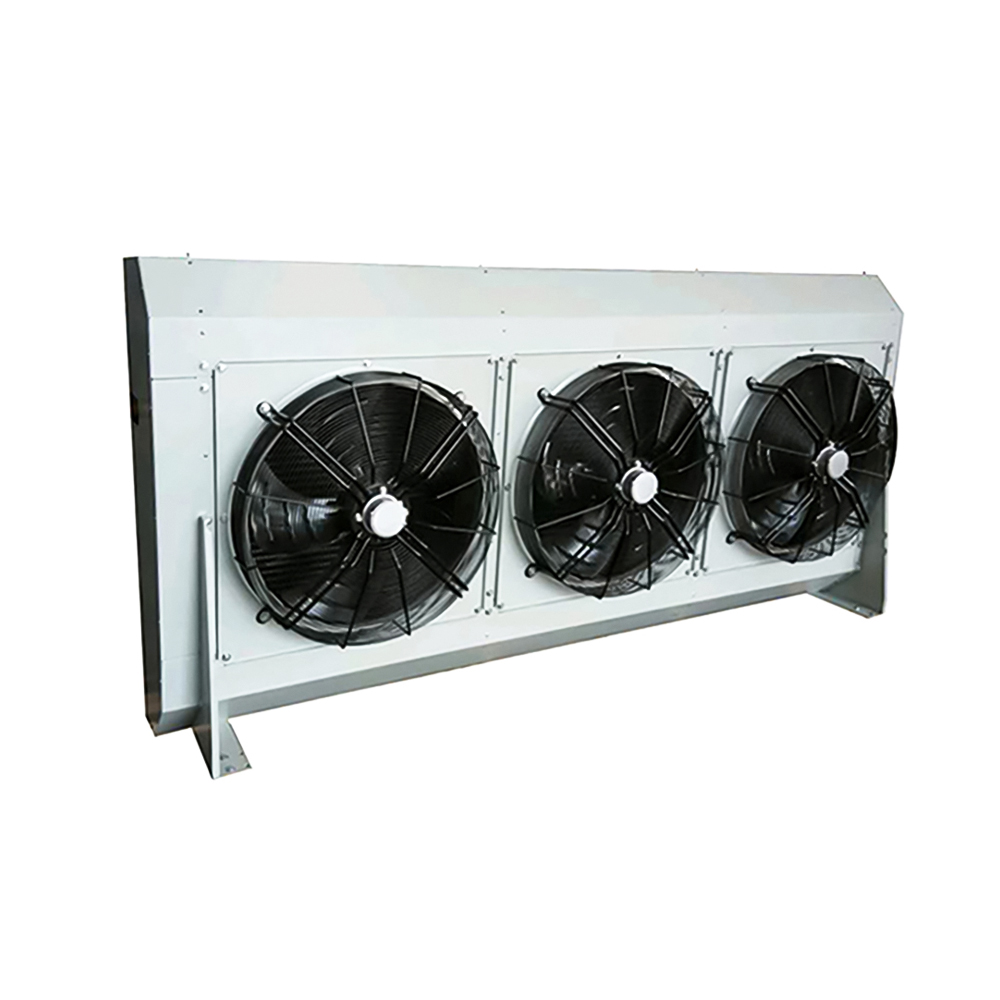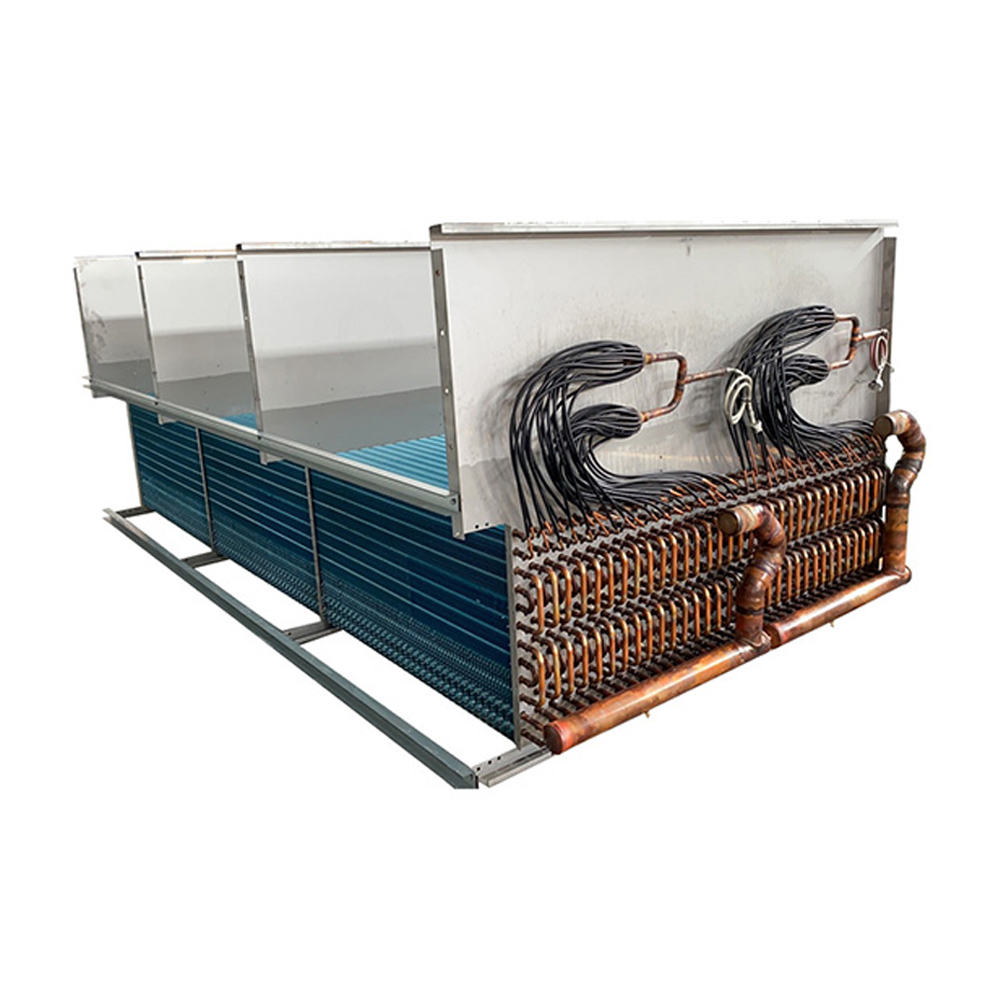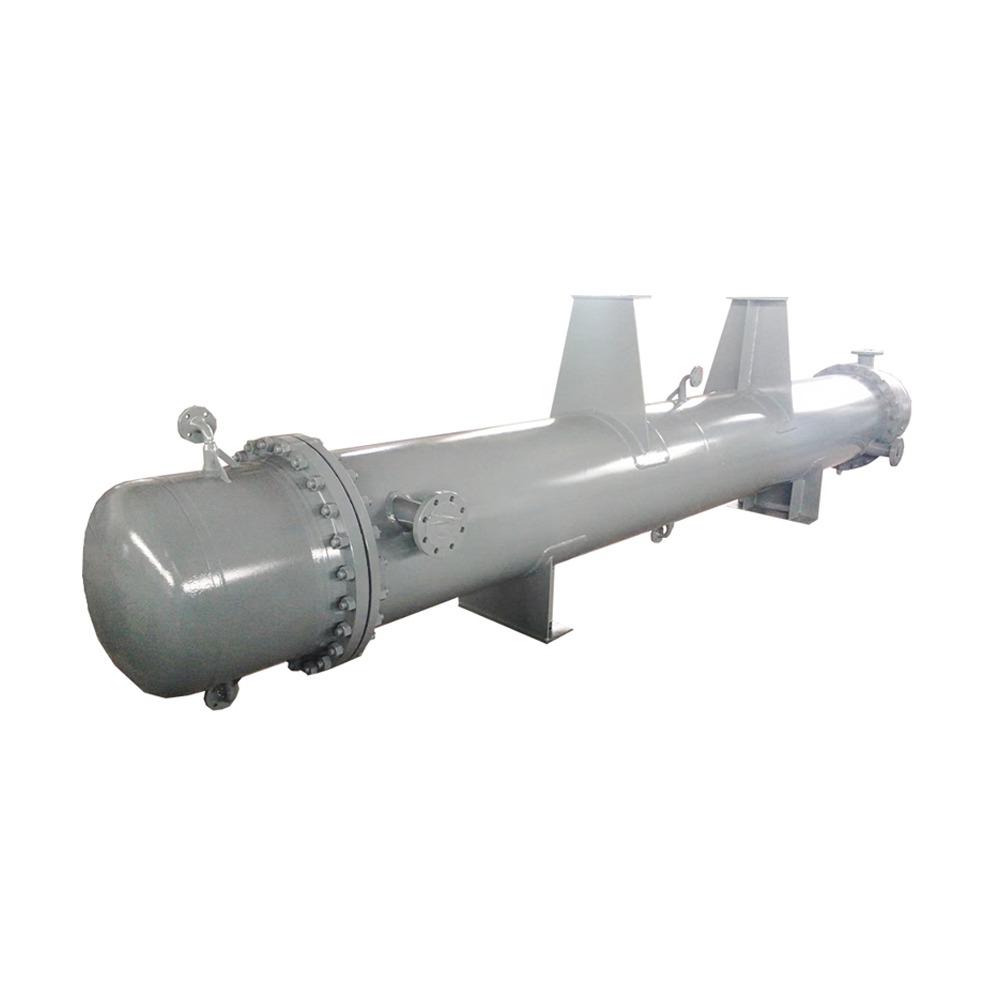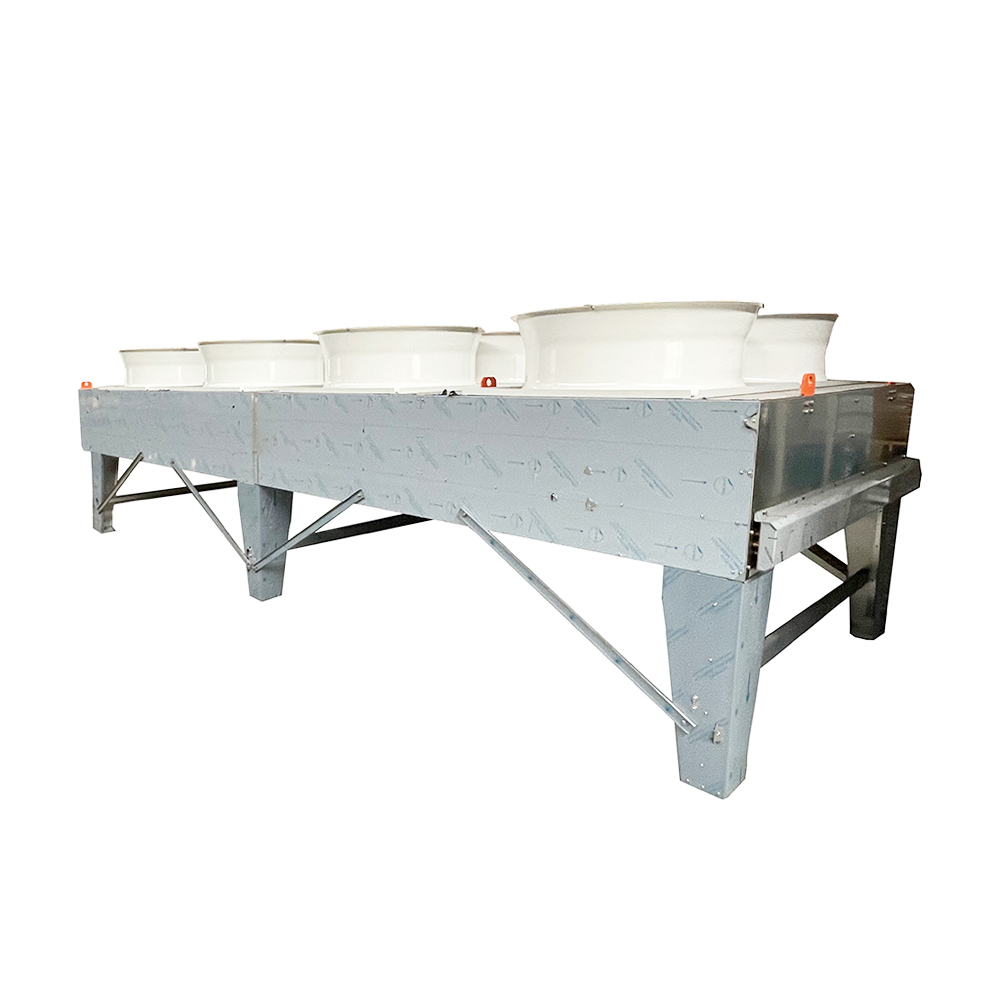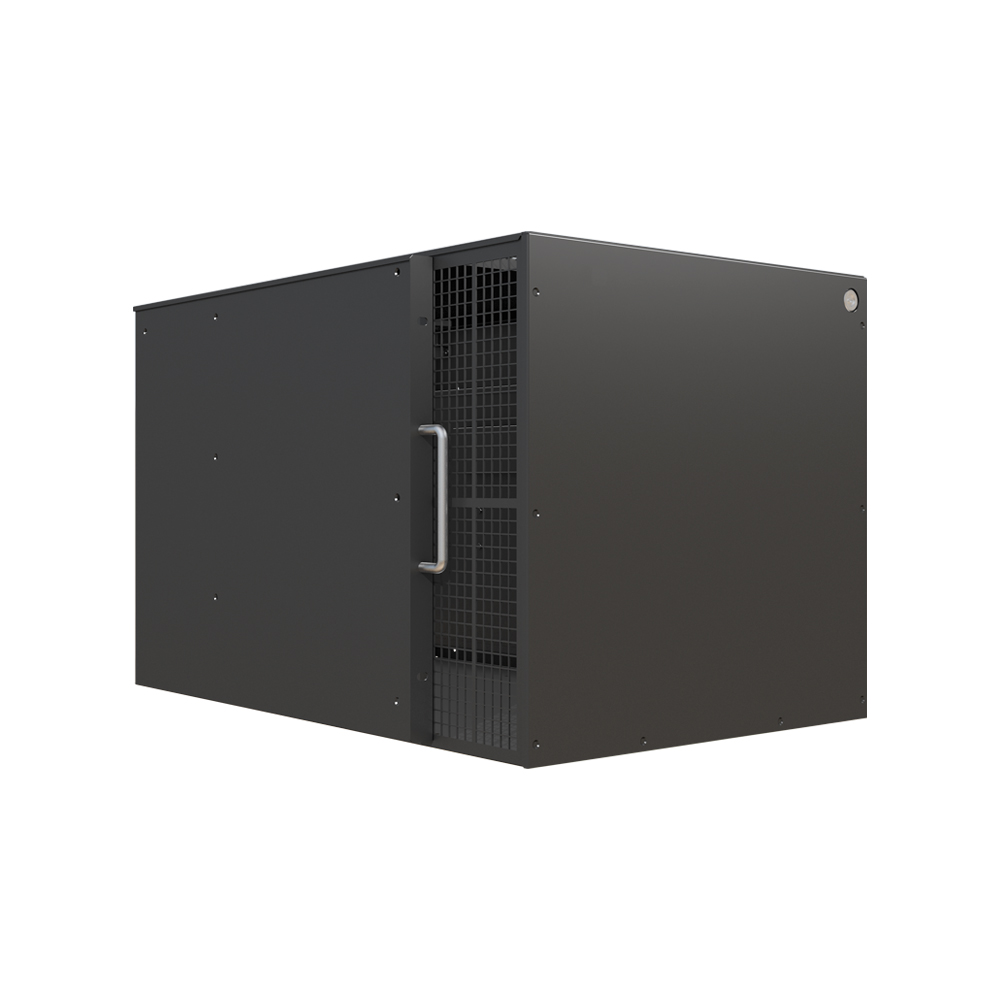This guide provides an in-depth look at the best air cooled condensers, covering key features, selection criteria, and considerations for various applications. We'll explore different types, discuss efficiency, and help you find the perfect air cooled condenser for your needs. Learn how to optimize performance and minimize operational costs.
Understanding Air Cooled Condensers
Air cooled condensers are essential components in refrigeration and air conditioning systems. They dissipate heat from a refrigerant by using air as the cooling medium. This contrasts with water-cooled condensers, which use water for heat dissipation. The choice between air and water cooling depends on several factors, including available space, water resources, and environmental considerations. Selecting the right air cooled condenser is crucial for optimal system efficiency and longevity.
Types of Air Cooled Condensers
Several types of air cooled condensers exist, each with its own strengths and weaknesses. Common types include:
- Evaporative Condensers: These utilize both air and water to enhance cooling efficiency.
- Forced Draft Condensers: Fans actively pull air across the condenser coils.
- Induced Draft Condensers: Fans push air through the condenser coils.
The selection of the appropriate type is heavily influenced by factors such as available space, ambient temperature, and required cooling capacity. A careful evaluation of these factors is essential for optimal performance.
Factors to Consider When Choosing an Air Cooled Condenser
Choosing the best air cooled condenser involves considering several key factors:
Capacity and Efficiency
The condenser's cooling capacity must match the requirements of your refrigeration or air conditioning system. Efficiency is measured by the amount of heat rejected per unit of energy consumed. Higher efficiency translates to lower operating costs and a smaller environmental footprint. Look for Energy Star rated models where possible.
Size and Footprint
The physical dimensions of the air cooled condenser are crucial, especially in space-constrained environments. Consider the available space and ensure compatibility with the surrounding infrastructure.
Materials and Construction
Durable construction materials are essential for longevity and reliability. Common materials include copper, aluminum, and steel. Consider the corrosive environment and select materials accordingly. The quality of construction, including fin density and coil design, also significantly impacts performance and lifespan.
Noise Level
Noise generated by fans is a key consideration, particularly in noise-sensitive environments. Look for condensers with low noise levels, often specified in decibels (dB).
Maintenance Requirements
Regular maintenance is crucial for optimal performance and extended lifespan. Consider the ease of access for cleaning and servicing when making your selection. Some air cooled condenser designs incorporate features that simplify maintenance tasks.
Top Brands and Models
While specific product recommendations are difficult without knowing your exact needs, research reputable manufacturers known for quality and reliability. Look at reviews and compare specifications before purchasing. Consider seeking advice from HVAC professionals to ensure compatibility with your system.
Optimizing Air Cooled Condenser Performance
Regular maintenance, including cleaning condenser coils and ensuring proper airflow, is crucial for optimizing performance. Consider adding features like protective screens to minimize debris buildup. Consistent maintenance can dramatically improve the efficiency and longevity of your air cooled condenser.
Conclusion
Selecting the right air cooled condenser is a critical decision impacting efficiency, cost, and environmental impact. By carefully considering the factors discussed above and consulting with professionals as needed, you can ensure the optimal performance of your refrigeration or air conditioning system. For high-quality and efficient air cooled condenser solutions, consider exploring the offerings from Shanghai SHENGLIN M&E Technology Co.,Ltd. They offer a range of options to suit various needs and applications.









